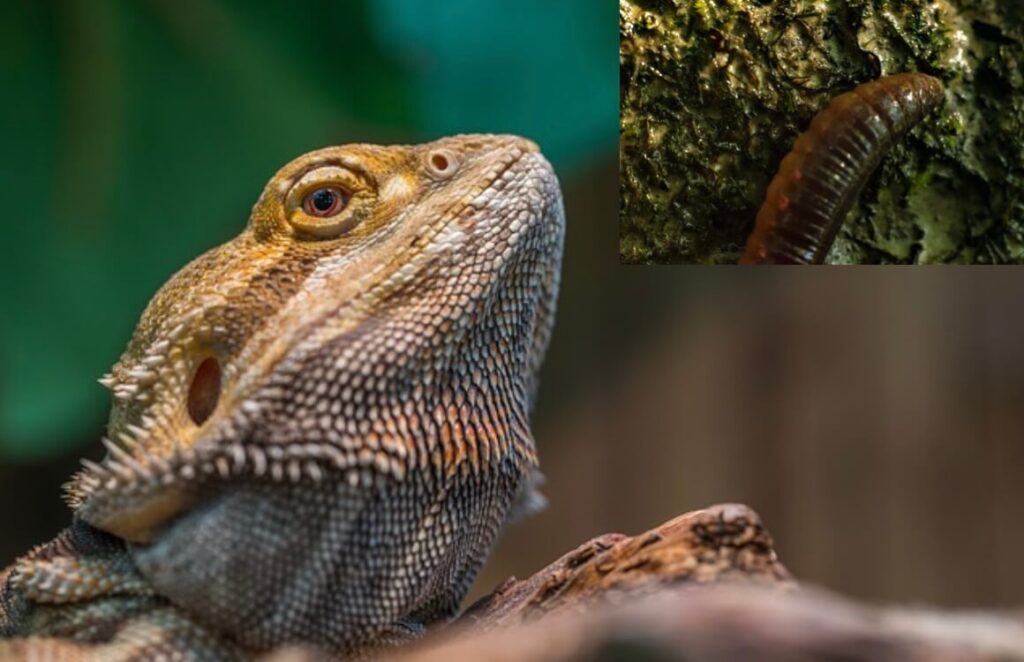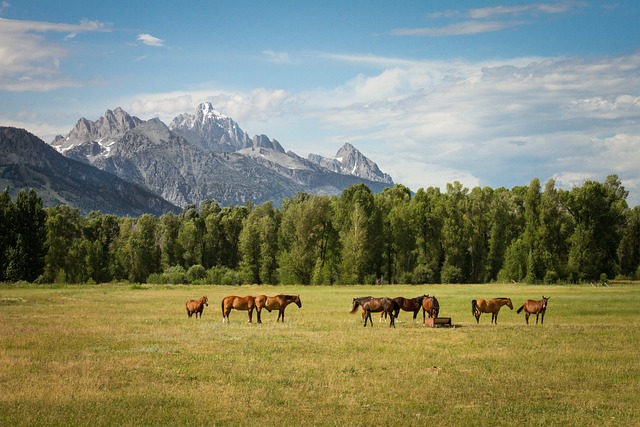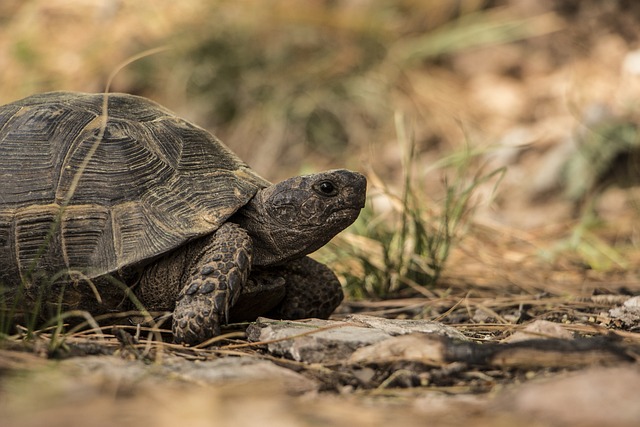If you’re wondering “Can bearded dragons eat grub worms?,” the answer is a qualified yes. Bearded dragons can eat most grub worms, but it’s safest not to feed them any grubs you find outside, as they may be covered in pesticides or other harmful chemicals.
In this article, we’ll explore the nutritional value of grub worms for bearded dragons and how to feed them properly. As well, see our full guide on feeding beardies worms here – Can bearded dragons eat worms?
Can bearded dragons eat grub worms?
- Can bearded dragons eat grub worms?
- Grub worms Nutritional Value for Bearded Dragons:
- How often should you give grub worms to your beardie?
- Should I feed my baby bearded dragon grub worms?
- What to do if your bearded dragon eats pesticide covered grub worms accidentally?
- Frequently Asked Questions (FAQ): Can bearded dragons eat grub worms?
- Foods bearded dragons can eat:
- Getting your bearded dragon calcium:
- Vegetables to feed your bearded dragon:
- Insects to feed your bearded dragon:
- How often should you feed a bearded dragon?
- What should a bearded dragon not eat?
- Recap: Can bearded dragons have grub worms?
Grub worms Nutritional Value for Bearded Dragons:
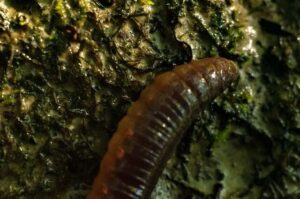
Grub worms are not an actual type of worm, but rather are worms that you may find in your lawn. They are sometimes called “grubs,” “turf grubs,” or “lawn grubs.” Many bearded dragons find these grub worms outside and wonder if they can feed them to their pet.
Grub worms generally have large amounts of protein, which your pet needs to grow and sustain their bone health. They also contain high levels of vitamins, magnesium, iron, and importantly – calcium. Calcium is vital for a bearded dragon’s health.
How often should you give grub worms to your beardie?
If you give your bearded dragon a grub worm you find outside, there’s always a chance it’s covered in insecticide or pesticide. When your dragon ingests this pesticide, it could poison them and cause them serious harm and distress. That’s why store bought or home raised worms are safest.
Grub worms tend to be high in fat. Even if you get a grub worm from the store or from an area outside you know doesn’t have pesticides, they should be given to your bearded dragon as a treat. They have been known to cause weight gain in bearded dragons, who are already prone to obesity. A good rule of thumb is giving them about five grub worms once a week at most.
Should I feed my baby bearded dragon grub worms?
It’s probably best to avoid feeding baby or juvenile grub worms, especially from outside. They have more sensitive digestive systems and are still growing in strength. Stick to feeding them a safe diet of insects, vegetables, and worms like silkworms.
What to do if your bearded dragon eats pesticide covered grub worms accidentally?
Don’t panic. Immediately stop your bearded dragon from eating the worms, and closely monitor them closely for symptoms of a strong reaction. This reaction could include:
- Bloating
- Diarrhea
- Vomiting
- Spitting up
- Abnormal behaviors
Give them lots of water to flush out the chemicals as well as a warm bath to calm them down and to encourage a bowel movement. If the reaction worsens or you’re noticing anything out of the ordinary, call a vet immediately.
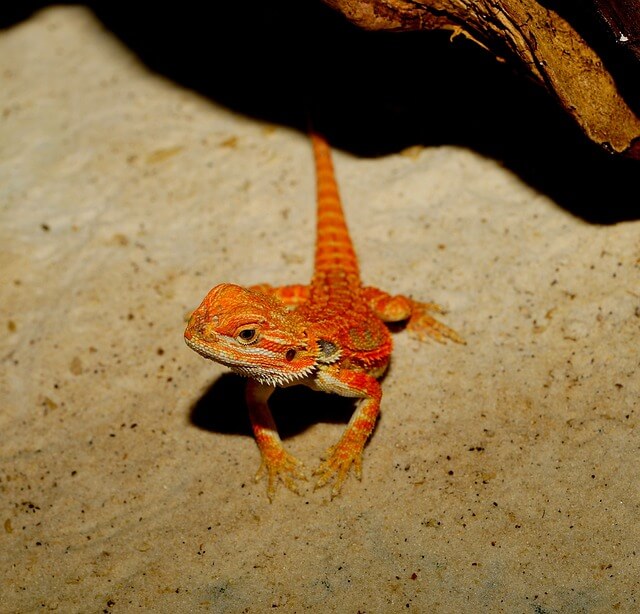
Frequently Asked Questions (FAQ): Can bearded dragons eat grub worms?
What grubs do bearded dragons eat?
Grubs, or lawn grubs, are generally infestations of beetle larvae that are found in people’s lawns. Bearded dragons generally eat all types of grubs, but beware feeding them grubs from a random lawn. Many people spray their lawns with pesticides as soon as they see grubs, so feeding your beardie random grubs you find could unintentionally poison them.
Can bearded dragons eat fruit grubs?
Fruit grubs, or fruit beetle grub, are delicious to bearded dragons and high in protein. So yes, bearded dragons can eat fruit grubs, but only on occasion, as they tend to be too high in fat for them to be eaten regularly.
Can bearded dragons eat worms from outside?
No, bearded dragons shouldn’t eat worms from outside. While they technically can eat them, the risk of them accidentally eating pesticides is quite high. Pesticides or other chemicals could seriously harm them and poison them.
What bugs can bearded dragons not eat?
Avoid feeding your bearded dragon these bugs:
- Any bug that glows, especially fireflies
- Lightning bugs
- Poisonous ants like red ants
- Ladybugs
Can bearded dragons eat earthworms?
Yes, bearded dragons can and do eat earthworms as they provide a great source of nutrition from them. Please note that many bearded dragons find earthworms to be unappetizing, so they may avoid eating them if given other choices.
Can bearded dragons eat rolly pollies?
Bearded dragons can safely eat rolly pollies as they have a lot of protein and calcium, which are great for beardies. However, their shells have a high level of chitin, which can be hard for bearded dragons to digest in large quantities.
Can bearded dragons eat Japanese beetles?
Your bearded dragon will be fine if they eat a Japanese beetle, but just be sure that it doesn’t become a regular occurrence. If they’re eating Japanese beetles, it’s likely from outside and you don’t know if they’re covered in chemicals.
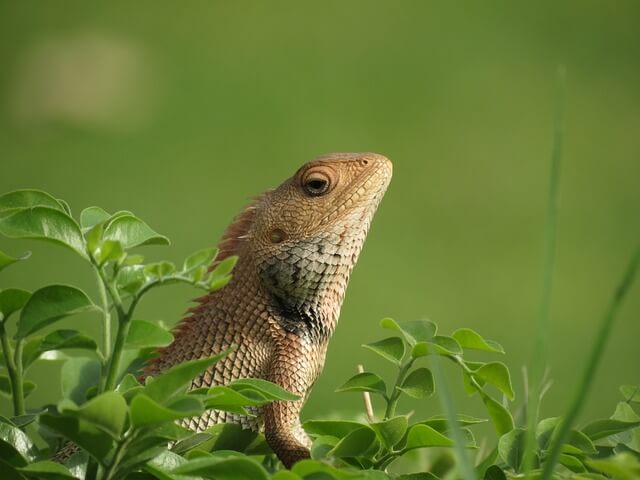
Foods bearded dragons can eat:
If you’re wondering what you should feed a bearded dragon, read our guidelines below. Bearded dragons are insectivores, which just means they thrive on insects as well as plant materials.
If you have a juvenile bearded dragon (between six and eighteen months old), give them about 80% vegetables and 20% live insects.
As your bearded dragon transitions into adulthood, give them the inverse, so 20% plant materials and 80% insects.
Getting your bearded dragon calcium:
Calcium is especially vital to a bearded dragon, especially a young one that is still growing. There are several ways to introduce more calcium into your beardie’s diet:
- Add in more high calcium vegetables like dandelions, bok choy, and collard greens.
- Dust calcium powder over their insects and vegetables to increase calcium levels.
- Make sure they’re getting their 12 hours of UVB exposure as they need this light to be able to properly absorb nutrients.
Vegetables to feed your bearded dragon:
- Peas
- Dandelion
- Green beans
- Cabbage
- Zucchini
- Pumpkin
- See our full list of vegetables to feed your bearded dragon
Note: Bearded dragons can also eat fruit in moderation. See here for a complete list of fruits bearded dragons can eat.
Insects to feed your bearded dragon:
- Crickets
- Kingworms
- Waxworms
- See our full guides to insects you can feed your bearded dragon and worms to feed your bearded dragon
Quick note: Live insects raised by you or bought from the pet store are best because they’re definitely pesticide free.
How often should you feed a bearded dragon?
During the first 3-6 months of your beardie’s life, try to feed them four to five times a day by giving them as many insects as they’d like in 10 minutes. They’re growing and need lots of protein during this stage.
Reduce the number of feedings to about two to three times a day when they’re growing into their juvenile years (between six and eighteen months).
As they become an adult, you can feed them once daily.
What should a bearded dragon not eat?
Avoid feeding your bearded dragon:
- Onions
- Leeks
- Chives
- Mushrooms
- Garlic
- Acidic fruit like oranges, lemons
- Rhubarb (can be toxic to them)
- Avocados (surprisingly, these make them ill)
- Eggplant
- Insects caught in the wild (there may be pesticides covering them)
- Venomous insects
- Dairy of any kind
- Rice and grains of any kind
- Frogs or toads
- Ham or other processed meats
Recap: Can bearded dragons have grub worms?
- While grub worms are safe and full of protein, it’s best to always avoid feeding your dragon worms you find outside. They could be covered in harmful chemicals.
- Stick to feeding them grub worms only on occasion, as they’re high in fat and known to cause weight gain in beardies.
For our full list of food to feed a bearded dragon, see our guide here.
Related articles:

